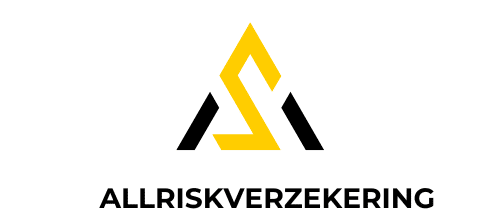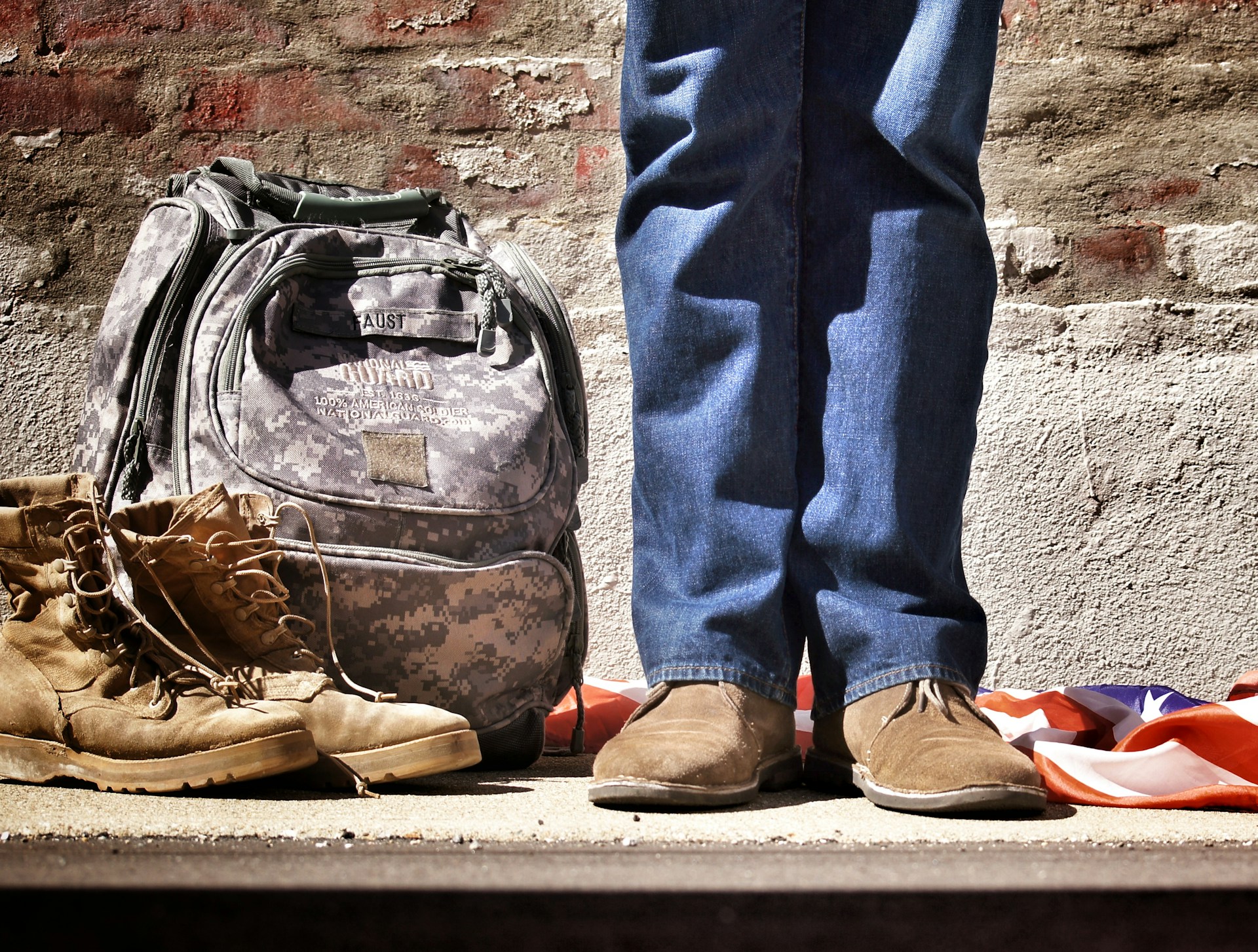Absolutely—veterans not only can pursue a university degree, but they are often uniquely equipped for academic success. Their discipline, resilience, and real-world experience give them an edge in the classroom and beyond. With the support of numerous educational benefits, programs, and veteran-specific services, higher education is a promising and achievable path for those who have served.
Here are five essential considerations for veterans pursuing a university degree.
Also read : How to Incorporate Mindful Eating Practices for Digestive Health?
Educational Benefits and the GI Bill
One of the biggest advantages veterans have is access to the GI Bill, a powerful tool that covers tuition, fees, housing, and even books and supplies. The Post-9/11 GI Bill, in particular, has opened doors for countless veterans to attend public universities, private institutions, and even vocational schools.
This benefit not only reduces the financial burden of education but also allows veterans to focus on their studies without the added stress of debt. Understanding how to fully utilize these benefits is critical, and most universities offer veteran affairs offices to help navigate the process.
Also to see : How to Organize a Community Tree Planting Event for Environmental Enhancement?
Flexible Learning Options
Veterans often juggle family, employment, or health-related responsibilities, making flexibility essential. Many universities offer part-time, evening, or online programs tailored to non-traditional students. This flexibility allows veterans to balance their education with other life demands.
Some institutions also offer accelerated programs, credit for military training, and prior learning assessments that can shorten the time needed to earn a degree. Such options make the pursuit of higher education more accessible and practical for those transitioning back to civilian life.
Certification for Veteran Benefit Services
One often overlooked opportunity is the certification for veteran benefit services. This specialized certification is ideal for veterans interested in careers supporting fellow service members. Programs like these train individuals to assist others in accessing educational, health, and housing benefits.
Pursuing such a certification not only enhances employability in government or non-profit sectors but also enables veterans to give back to their community in a meaningful way. It’s a fulfilling path that combines advocacy with professional development and is a testament to the continued service mindset many veterans carry into civilian life.
Campus Support and Veteran Communities
Many universities have established veteran support centers that offer a welcoming environment, academic advising, mental health services, and peer networking opportunities. These centers are more than just administrative offices—they are places where veterans can find camaraderie, mentorship, and resources tailored to their unique experiences.
Being part of a supportive veteran community on campus can make the transition into academic life smoother and more rewarding. These networks can also help combat feelings of isolation and connect veterans with scholarships, internships, and job placement services.
Career Advancement and Civilian Transition
A university degree can significantly enhance a veteran’s transition into a civilian career. Whether aiming for the corporate world, healthcare, education, or public service, a degree broadens opportunities and improves job prospects.
The leadership and problem-solving skills gained in the military are highly valued by employers, and a degree validates those qualities in the civilian marketplace. Education empowers veterans to build new futures while continuing to make meaningful contributions in their chosen fields.
Pursuing a university degree as a veteran is not only possible—it’s a pathway to growth, stability, and long-term success
















